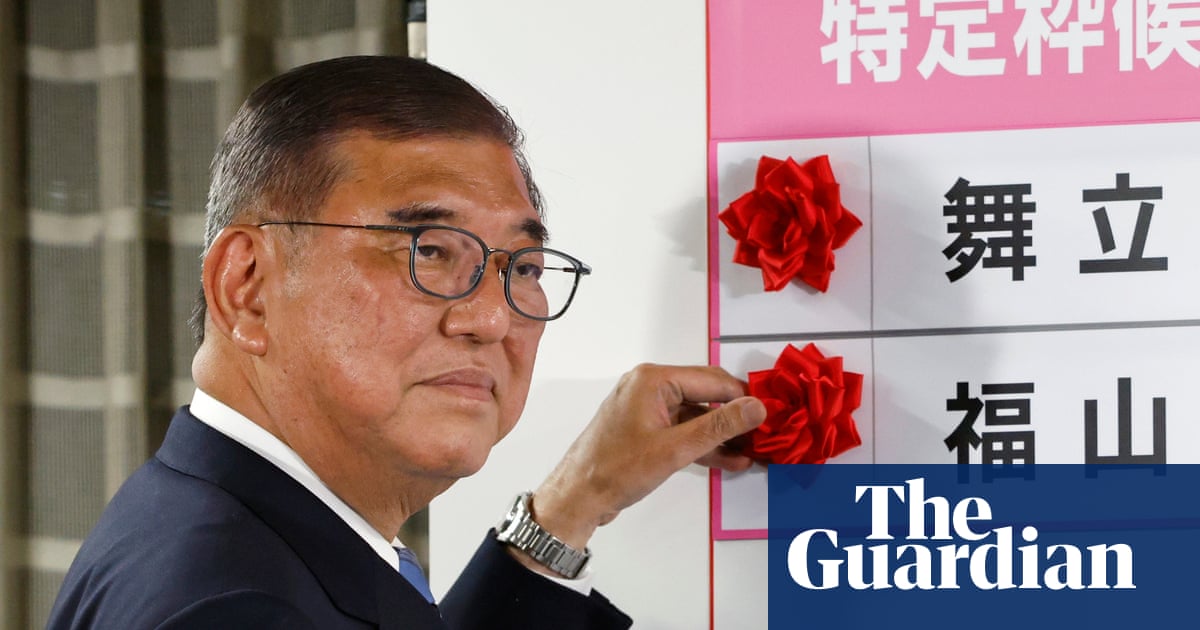T4K3.news
Japan's ruling coalition may lose majority in critical election
Exit polls suggest significant losses for Prime Minister Shigeru Ishiba's coalition, risking government stability.

The election outcome threatens the stability of Japan's government during critical trade negotiations.
Japan's ruling coalition faces major setback in crucial election
Japan's ruling coalition requires 50 seats to keep control of the 248-seat upper chamber. An exit poll predicts they will win between 32 and 51 seats, raising concerns about their majority. Voters appear frustrated with Prime Minister Shigeru Ishiba’s leadership amid economic challenges and inflation. Analysts believe a significant loss could force Ishiba to resign, leading to potential new leadership contenders. The political shake-up comes at a vital time as Japan engages in important trade talks with the United States.
Key Takeaways
"Support for more right wing parties has cut into the LDP's conservative support base."
This highlights a shifting political landscape in Japan, especially among conservative voters.
"Prime Minister Ishiba is considered not conservative enough by many supporters of Shinzo Abe."
This reflects the growing dissatisfaction within the ruling party's traditional base.
"A change of leadership within the ruling party would almost certainly unleash political drama."
The implication of instability during crucial trade negotiations raises concerns.
The election results reveal deep-seated dissatisfaction with the current leadership. Prime Minister Ishiba, criticized for lacking the nationalistic fervor of his predecessor Shinzo Abe, may struggle to unify his party in the face of emerging right-wing factions. With inflation hitting hard and the coalition on the verge of losing its majority, these results could lead to instability that hampers essential trade negotiations with the U.S. Furthermore, the possibility of a leadership change within the LDP adds another layer of uncertainty for Japanese politics.
Highlights
- A loss of majority could mean a change of leadership in Japan.
- Voter frustration is palpable, impacting the ruling coalition.
- Emerging right-wing parties are reshaping the political landscape.
- Ishiba's leadership faces serious scrutiny amid economic challenges.
Political instability after election results
The ruling coalition faces potential loss of leadership, which could destabilize Japan's government during critical trade discussions.
Japan's political landscape is shifting, and its effects on trade and governance will be closely watched.
Enjoyed this? Let your friends know!
Related News

Japan's ruling party likely loses majority in election

Japan’s upper house election results threaten Ishiba’s majority

Japan votes in key election for Ishiba

LDP-Komeito coalition faces major electoral loss

Japan's ruling coalition predicted to lose upper house control

LDP suffers significant loss in Japan elections

Shigeru Ishiba's coalition loses majority in Japan's upper house

Taiwan's KMT faces recall vote that may redefine its future
